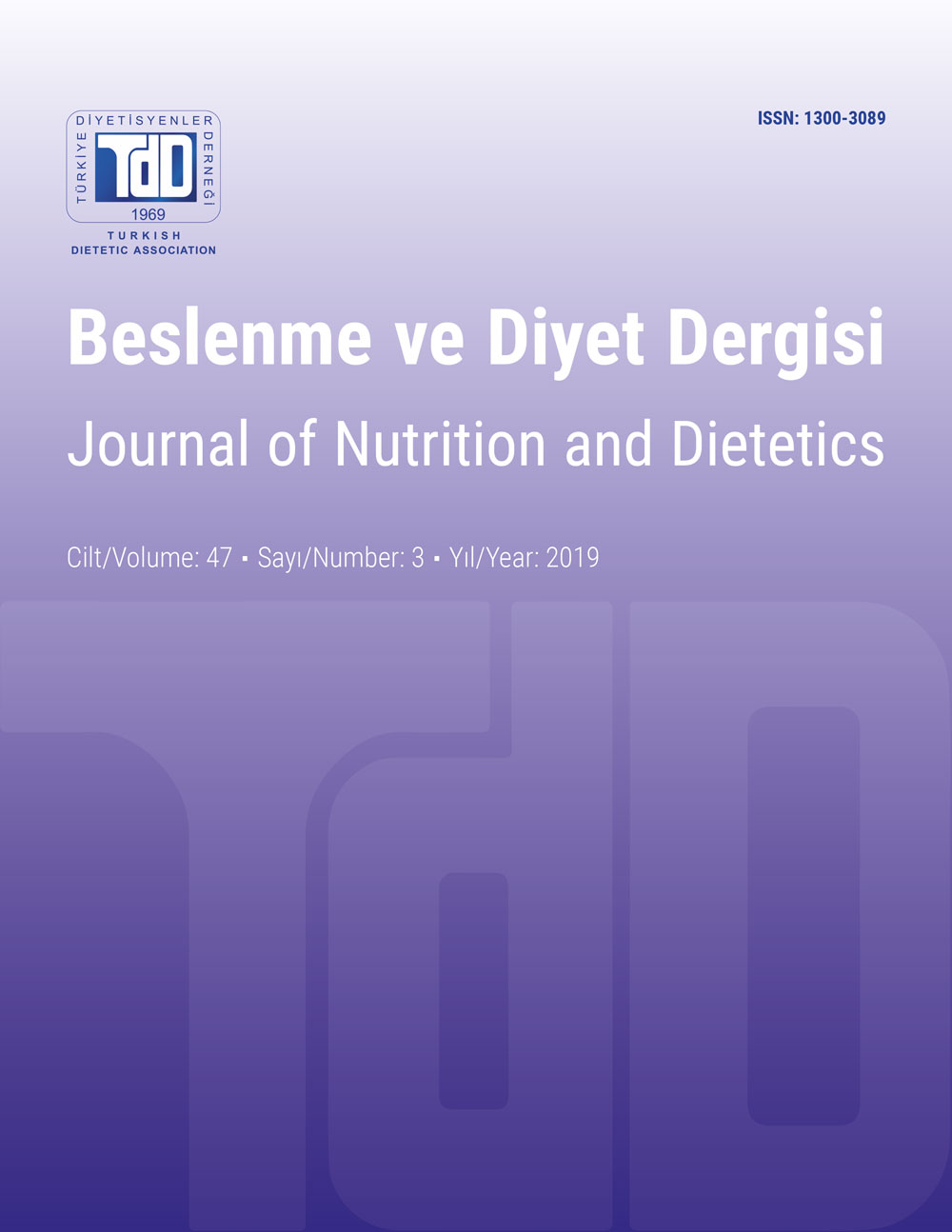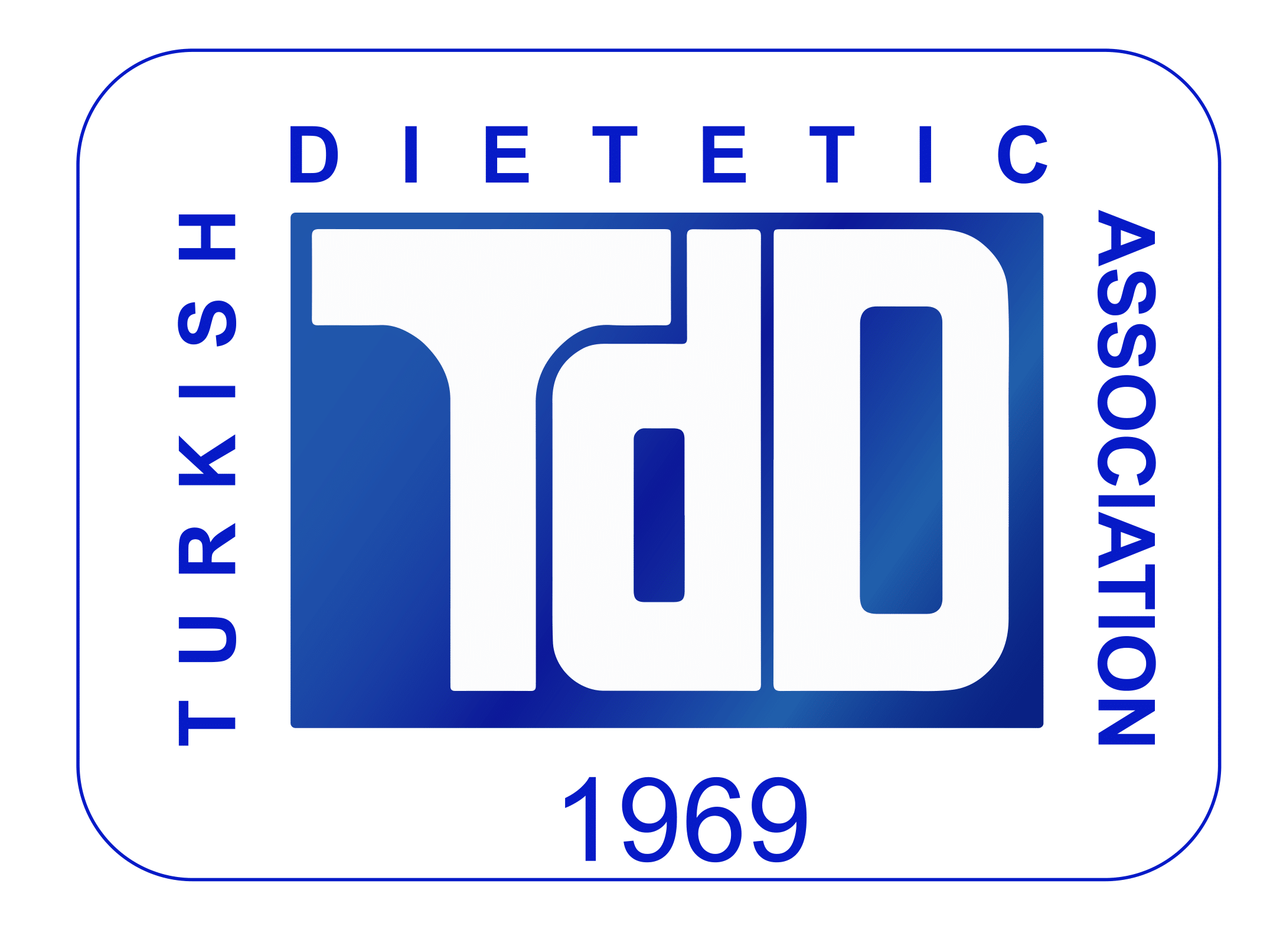Determining the Effect of Breast Cancer Knowledge on Nutritional Status and Lifestyle by Risk Analysis
DOI:
https://doi.org/10.33076/2020.BDD.1266Keywords:
Breast cancer, nutrition, lifestyle, risk analysisAbstract
Aim: In recent years, the incidence of breast cancer among women is increasing rapidly. The increase in obesity prevalence and sedentary lifestyle are the reported major risk factors. The aim of the study was to evaluate the knowledge and behaviors of women working in hospital about breast cancer and effects on nutritional status and lifestyles by risk analysis.
Subjects and Method: Total of 160 women (20 years and older) working in the support services at the Dokuz Eylül University Hospital were included in the study and study was completed on 155 women. In this cross-sectional study, the knowledge and attitudes about the risk factors of breast cancer, methods of early detection and screening, as well as nutritional knowledge and dietary habits were determined by a questionnaire.Anthropometric measurements were taken and body composition was measured by bioelectrical impedance analysis (BIA).Breast cancer risk analysis of women was evaluated according to Cuzick Tyrer model.
Results: It was found that 81.4% ot the women had sufficient knowledge about early detection and screening methods of breast cancer. ‘Breast self-examination’ (47.7%) was the most common screening method among women, followed by clinic breast examination (30.3%) and mammography (31.0%). However, most of the participants (60.2%) did not apply to any of these methods. Body mass index (BMI) was higher than 25 kg/m2 in 63.9% of the women and mean body fat percentage was 39.06%±7.29 in women with a BMI>25 kg/m2. However, 67.1% did not have a regular exercise habit. According to Cuzick-Tyrer model, the lifetime breast cancer risk was 34.2%. The frequency of daily olive oil and vegetable-fruit consumption was 98.7% and 95.5%, respectively.
Conclusion: Although the majority of women are aware of the importance of early detection and screening methods in breast cancer, implementation of these methods is still lacking. Application of lifelong screening tests, obesity prevention, increasing physical activity, selection of foods that reduce risk, reducing risk factors such as smoking and alcohol are the basic measures.

